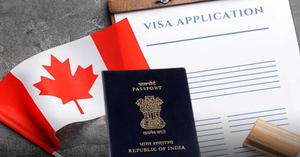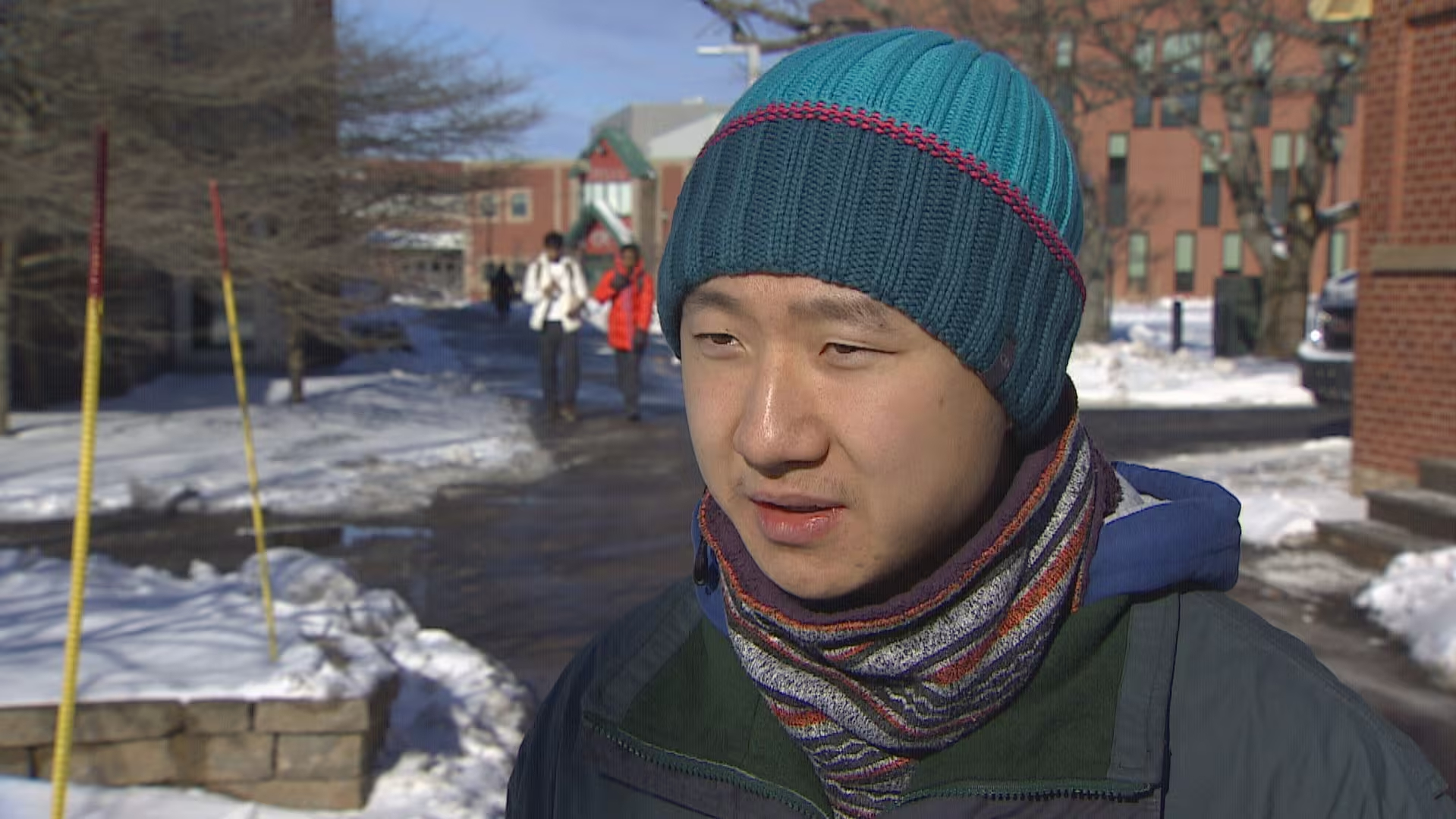The Federal Court of Canada has found that an applicant’s study permit refusal based on past poor academic performance and “inconsistent” academic goals was unjustified, and therefore the application was entitled to judicial review.
In 2021, the applicant, a citizen of India, received a letter of acceptance to enter a full-time graduate program studying International Business Management at Niagara College in Toronto. With his letter of acceptance, the applicant submitted a study permit and temporary residence permit application to Immigration, Refugees and Citizenship Canada (IRCC).
A few months later, the applicant received a letter notifying him that his study permit was refused. The officer stated that the two grounds for refusal were low previous academic performance and inconsistent educational goals.
In particular, the officer found that the applicant had low average grades in his core subjects of 40% to 59% from his transcripts from the University of Mumbai. Based on this information, the officer was not satisfied that the applicant had demonstrated the academic proficiency required to successfully complete the study program in Canada.
With respect to the “inconsistency” of the applicants’ educational goals, the officer noted that the applicant initially applied to Data Analytics for Business and was refused, and now applied to an International Business Management. The officer claimed that these educational goals in Canada were not consistent from one application to another and the applicant provided no explanation for this inconsistency.
The court held that the officer’s findings with respect to his previous academic performance lacked justification and transparency. In particular, the officer failed to connect the dots between the applicant’s previous academic history and the likelihood of success in his intended program of study. The court is not in the position to assume that low grades in one area of study means that the applicant cannot excel in or complete a program in another area of study.
The court cited a similar case, Patel v Canada (Citizenship and Immigration), in which the judge remarked: “one can complete a program successfully without necessarily excelling in it. And many of the factors that can determine academic success are dynamic, not static”.
Further, Niagara College was clearly satisfied that the applicant had the necessary qualification to complete the program and to make “an important contribution” to the college.
Regarding the consistency of the applicant’s educational goals, the immigration officer failed to provide sufficient details concerning how a previous application to study Data Analytics for Business, meant that the Applicant’s educational goals were “inconsistent”. The applicant provided a letter explaining his rationale for choosing the International Business program. In this context, especially without further justification from the officer, it is unclear how the officer decided that the two applications demonstrated “inconsistent” educational goals.
The implication of this case is that poor academic performance in a prior academic program does not dictate an applicant’s ability to successfully complete another program, nor should it preclude an applicant from obtaining a study permit. In addition, an applicant may seek to pursue different study programs in Canada, as long as they provide rationale or an explanation for their choice.
How to apply for a study permit in Canada
Upon deciding to study in Canada and choosing a program from a Designated Learning Institution (DLI), an international student must apply to the institution and be accepted before applying for a study permit. In order to be eligible for a study permit, an international student must:
- Obtain a letter of acceptance from a DLI
- Prove that you have sufficient financial support to cover the first year of tuition, as well as living expenses and return transportation to his or her home country
- Obtain a Certificat d’acceptation du Quebec (Quebec Acceptance Certificate, or CAQ) if you wish to study in Montreal or elsewhere in the Province of Quebec
- Have a clean record. Applicants with a criminal background, or who pose a risk to Canadian security, may be refused. IRCC may request an applicant to supply a police clearance certificate
- Be in good health. IRCC may request an applicant to complete a medical examination; and,
- Satisfy the immigration officer that you will leave Canada at the end of the stay authorized by the study permit
Student Direct Stream
The Student Direct Stream (SDS) is a program designed to make applying for a Canadian study permit faster and more efficient for some international students. The processing time for the applications under the SDS is 20 days.
The stream is tailored for residents of the following countries:
- Antigua and Barbuda
- Brazil
- China
- Colombia
- Costa Rica
- India
- Morocco
- Pakistan
- Peru
- Philippines
- Senegal
- St. Vincent and the Grenadines
- Trinidad and Tobago
- Vietnam
When submitting an application for a Canadian study permit through the SDS, an international student applicant must:
- Provide a copy of a letter of acceptance from a Canadian DLI
- Present a confirmation document for the applicant’s upfront medical exam
- Prove that they have obtained a Guaranteed Investment Certificate (GIC) of $10,000
- Prove that tuition fees for the first year of study are paid; and
- Show proof of language test results completed within two years of the SDS application being received.
IRCC accepts either an IELTS Academic band score of 6.0 or an IELTS General Training score of at least 6.0 in each language skill level (reading; writing; listening; and, speaking)
Effective August 10, 2023, IRCC will also accept the following English language tests:
- CELPIP General (minimum score of CLB 7)
- CAEL (minimum score of 60)
- Pearson Test of English (PTE) Academic (minimum score of 60)
- Educational Testing Service (ETS) TOEFL iBT Test (minimum score of 83)
Link: https://www.cicnews.com/2023/10/federal-court-rules-canadian-study-permit-refusal-based-on-prior-poor-academic-performance-is-unreasonable-1036660.html?fbclid=IwAR2Mg-cQJq2EpgfqlPgwuMIckY7yOFXx-jsHEkWRWxPzzilMDmUb60slc_w#gs.6rjqym





